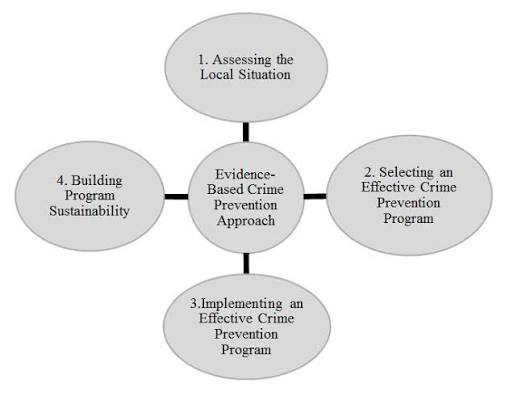
In what doctors are calling one of the most extraordinary survival stories in recent Tanzanian history, a man from Mbeya Region, Edgar Mwakabela — popularly known as Sativa — has survived a near-fatal gunshot wound to the head after being abducted, tortured, and left for dead near Katavi National Park. His story, marked by unspeakable brutality and miraculous endurance, has captured national attention and sparked renewed conversations about political violence and human rights in the country.
According to eyewitness accounts and police reports, the 34-year-old activist was abducted in broad daylight by unidentified men driving an unmarked vehicle. Witnesses say Sativa was forcibly taken near a busy street, blindfolded, and beaten before being driven for hours to an undisclosed location. What followed was a harrowing four-day ordeal of torture. His captors allegedly used machetes, blunt objects, and electric cables, leaving him with severe injuries and deep lacerations across his body.
On the fourth day, his abductors took him to a remote area bordering Katavi National Park. Without uttering a word, one of the men reportedly raised a pistol, aimed it at Sativa’s head, and fired. The bullet entered his skull and shattered part of his jaw. Believing their victim to be dead, the attackers fled the scene, leaving him bleeding and unconscious in the wilderness.
Against all odds, Sativa regained consciousness hours later. Disoriented, half-blind, and in excruciating pain, he managed to crawl through the dense bushland toward a nearby dirt road. It was there that wildlife rangers, on routine patrol, found him barely alive. The rangers immediately radioed for medical evacuation, and Sativa was rushed to Katavi Regional Hospital before being transferred to a larger facility in Mbeya for specialized care.
Doctors who treated him have described his survival as “nothing short of a miracle.” Dr. Emmanuel Msangi, one of the attending neurosurgeons, said the bullet passed through the soft tissue of the head, missing the brain by millimeters. “It is extremely rare for a person to survive such a wound, especially after being left untreated for hours in the wild,” Dr. Msangi explained. “His resilience and willpower are beyond comprehension.”
As he slowly regained strength in the weeks that followed, Sativa began recounting his experience. Speaking from his hospital bed, his face partially bandaged and his voice still hoarse, he told reporters that he believed he had been targeted because of his outspoken political opinions and social media activism. Known for his critical commentary on corruption, governance, and human rights issues, Sativa had built a large following online. His posts often challenged powerful figures and questioned government accountability — something, he said, may have angered the wrong people.
“I knew speaking the truth would make some enemies,” Sativa said softly. “But I never imagined it would come to this. They tried to silence me, but I’m still here. I’m still alive.”
His ordeal has sparked outrage among Tanzanians and international human rights organizations, who have called for a full investigation into the abduction and attempted murder. Amnesty International’s East Africa office released a statement condemning the attack and urging authorities to bring the perpetrators to justice. “This act of brutality is an assault on free expression and civic space in Tanzania,” the statement read. “Those responsible must be held accountable.”
Local police have launched an investigation, though no arrests have been made so far. Katavi Regional Police Commander, ACP Peter Mtemi, confirmed that officers are “actively pursuing leads” and cooperating with national security agencies. “We take this case very seriously,” Mtemi said. “No citizen should suffer such violence. We will ensure justice is served.”
As he continues his recovery, Sativa’s story has become a powerful symbol of perseverance and courage in the face of unimaginable cruelty. Across social media, messages of support have poured in from around the world. Artists have painted murals in his honor, activists have organized solidarity vigils, and community leaders have used his story to call for greater protection of free speech and human rights defenders.
Though his journey to full recovery remains long, Sativa says he is determined to continue his advocacy. “They wanted to break me,” he said, “but they only made me stronger. My voice will not be silenced.”
His words echo a broader sentiment felt by many Tanzanians — a belief that truth and resilience can survive even in the darkest of times. Sativa’s story is not only one of survival, but also of defiance and hope — a reminder that the human spirit, when tested, can endure the unimaginable and still rise to speak again.


